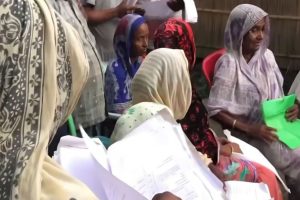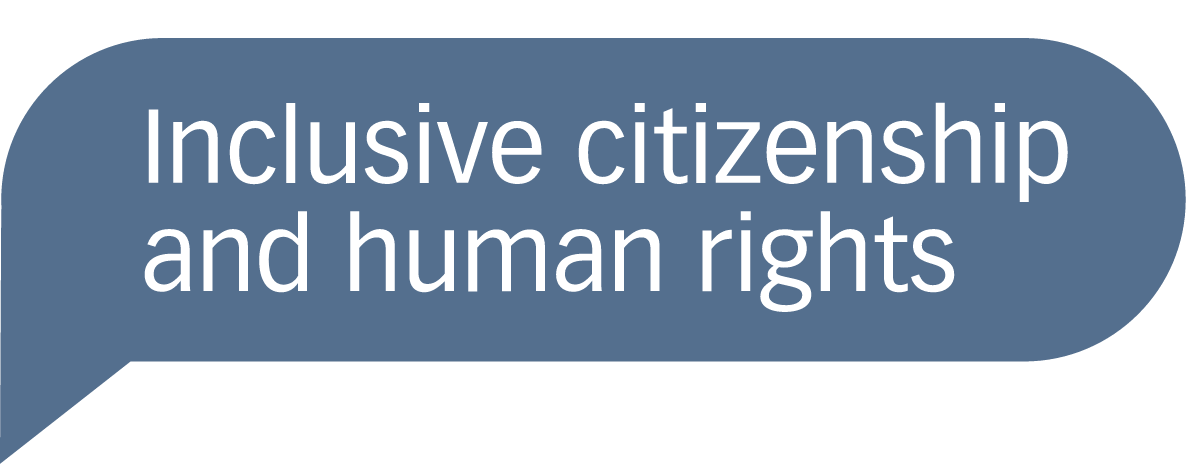Course: Citizenship and National Identity
Citizenship and National Identity
This course explores the relationship between citizenship, national identity, and access to identity documents and examines the risks of statelessness that may arise from these dynamics. It focuses on ethnic and religious minorities, particularly the Rohingya refugee crisis and the experiences of the Karen minority in Myanmar.

This course examines how citizenship, national identity, and documentation processes shape who is included or excluded in society. It explores how majority–minority dynamics and influence of religious identity in these contexts can lead to discrimination, loss of rights, or even statelessness. The course invites participants to reflect on how identity documentation can both protect and marginalize, fostering a deeper understanding of citizenship and belonging in today’s world.
Course Aims
This course will provide resources that enable you to:
- Examine the interconnections between identity, religion, ethnicity, and the construction of citizenship and national identity.
- Analyze how citizenship is defined, practiced, and shaped by policies of acquisition and deprivation in diverse contexts.
- Examine the relevance of identity documents, particularly birth registration in relation to citizenship and the enjoyment of fundamental human rights.
- Explore how international human rights frameworks address citizenship deprivation, focusing on the right to nationality and the protection of minority rights.
- Assess the disproportionate consequences of citizenship deprivation through religious and gendered perspectives and critically engage with diverse stakeholder viewpoints.
Course Modules
This course is divided into two main modules, addressing the following main questions:
- What role does national identity play in shaping citizenship, and how does religious identity factor into this dynamic?
- How do states make and unmake citizens through documentation processes, and what are the implications for minority rights and the right to nationality?
Approach / Methodology
This course will adopt various approaches, including legal, human rights-based, and comparative methods, to provide a comprehensive understanding of citizenship and national identity. It will also incorporate audio-visual tools such as expert videos to enhance the learning experience. Every module will also include short articles, additional resources, questions for reflection before moving to the next module.





